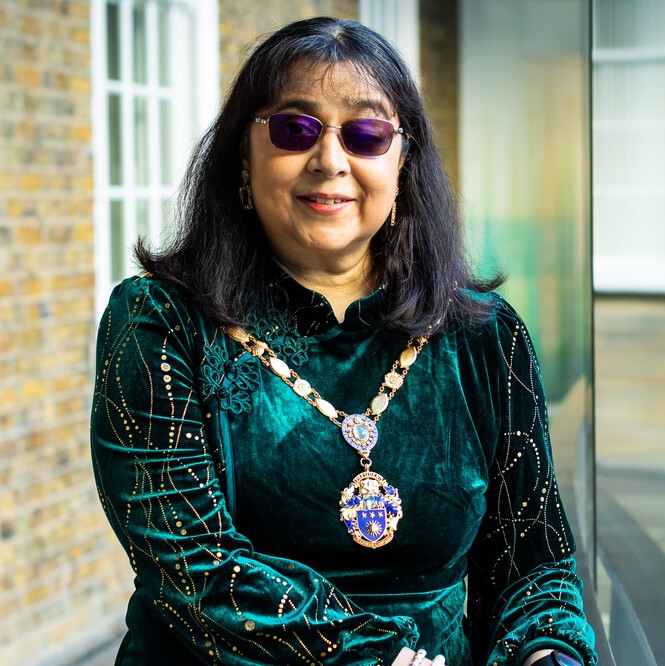Today is International Day for the Elimination of Racial Discrimination; a day to mark the 1960 Sharpeville Massacre, where peaceful demonstrators against apartheid were shot by police.
While much progress to end discrimination and inequality has happened in the last few decades, we continue to see evidence of racism daily.
On Monday, the latest NHS Workforce Race Equality Standard report was published, and whilst it was promising to see some progress, including an increase in the number of Black, Asian and minority ethnic staff at senior management level in England, it’s not nearly fast enough.
The report showed that White staff are still far more likely than Black, Asian and minority ethnic applicants to be appointed from shortlisting, with just two in five staff from a Black background believing their trust provides equal opportunities for career progression or promotion.
The report also highlighted that Black, Asian and minority ethnic staff are also still more likely to face harassment, bullying and abuse. An issue that isn’t just systemic within the NHS.
Last week, the abhorrent racist comments made by businessman Frank Hester about Labour MP Diane Abbott and her subsequent treatment in parliament made headline news. This highlighted the all-too often silencing of those affected by racism and reminds us that work to tackle racism is one where there are few, if any, quick fixes.
There’s a significant need for careful repair of the damage caused.
Earlier this month, I spoke at the RCN Inner North Central London branch spring learning event. Speaking at the same event was senior nurse Michelle Cox who made Black history after winning a landmark race discrimination case against the NHS, thanks to legal representation from the RCN. Michelle’s case is a win for equality and shows with the right support from the RCN, racism can be called out.
As difficult as this was for Michelle, she’s an inspiration as she knew she could make a difference and she acted on it. But sadly, not everyone has the same success when experiencing and seeking support with tackling the issues of racism in the workplace.
We know, for example, that internationally educated nursing staff are less likely to speak up if they’re facing discrimination at work.
New data from charity Brap shows between May and July 2023, UK-trained NHS staff were much more likely than internationally trained staff to raise concerns.
Nearly three-quarters of UK-trained staff have highlighted race discrimination as an issue, compared to just over half of internationally trained staff.
According to this survey data from almost 1,500 NHS workers, the most common reason for not raising a concern of race discrimination was not believing anything would change or being worried about being seen as a troublemaker.
While it may feel disheartening that racism continues to plague our society, we must all play our part to call it out and combat it. I believe we’re the generation of nursing that can create a profession characterised by a profound sense of equity.
Last year at Congress, you told us you wanted the RCN to be an anti-racist organisation. We recognise that nursing must be both bold and courageous in facing these issues. As I said in last month’s blog, I’ve created an anti-racism working group and our action plan aims to transform the RCN into an organisation that disrupts patterns of racism to create transformative change.
This work will examine every inch of the member journey from pre-registration and training through to retirement. Our work will not stop there; we will look carefully at ensuring the experience and outcomes for staff are aligned to this goal.
We also launched our equity, diversity and inclusion (EDI) survey which closes on 24 March. Member voices are central to the continued development of our five-year EDI strategy and your views will help shape this work, so please have your say.
Alongside this is the re-establishment of our Equity, Diversity and Inclusion Committee later this year to ensure the member voice is heard.
There’s no denying that tackling racism remains difficult as racist behaviours and attitudes are often entrenched in the systems that support them. Yet, I have never been prouder of my profession in demanding that we change so that fundamentally racism has no place in nursing.
As ever, if you have any queries, do feel free to contact me directly by emailing president@rcn.org.uk and follow me on X @RCNPresident.


 Share on LinkedIn
Share on LinkedIn




